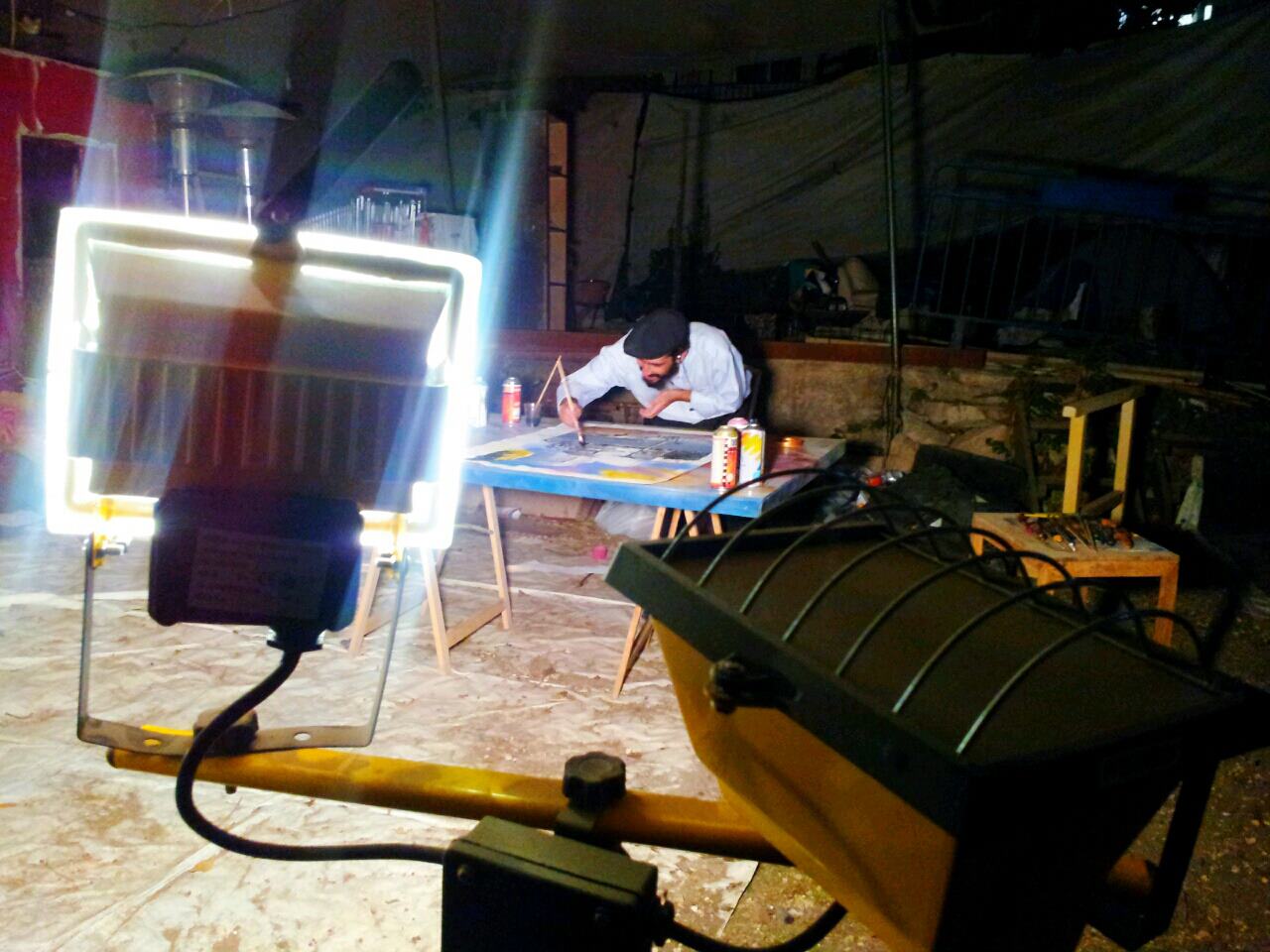Baal teshuvas think that because they’re new to the world of yiddishkeit that their words dont’ matter. Or they’re afraid that they’ll say something wrong, something that will turn people away from Judaism or condemn their family so their kids will get a horrible education.
Baal teshuvas are so afraid, so afraid to mess up because they are aware of how fallible they are. They’re aware of how imperfect they are.
And so all those worries, any worries they have about failing, are magnified a hundred times because to fail just on your own is bad enough, but when you fail G-d, fail Judaism, fail your fellow Jew, well, that’s just too much.
And so you, you baal teshuvas who have so much passion, are quiet. You work on your stuff, thinking it needs to be perfected over and over and over until there’s no hint of anything ungodly or controversial or inappropriate. You polish it down until it’s sparkling.
But here’s the thing. When something is polished too much, it loses the rawness that made it beautiful in the first place. The shine replaces the content. The perfection hides the truth.
And, in the end, you either recognize that, and hide the work away, hidden, never to see the light of day, or you put it out there, and you wonder why no one likes it.
Listen to me: it’s time to accept what it means to create something special. To create something real.
Creating truth means accepting that you will fail. Creating something beautiful means accepting that it won’t be perfect.
I remember my wife and I went to speak to this incredible artist she had met in Israel. She wanted advice on how to become a “real” artist.
This artist, Dan Groover, has sold his work all over the world, and is know for the incredible graffiti art he did in Paris. His art is gorgeous and people pay him for it. But it wasn’t always like that.
He said to her, “The best advice I can give to you is to just make stuff and sell it as quickly and cheaply as possible. Just get rid of it so that you’ll be forced to continue creating.”
When this artist started off, he graffitied his way through Paris for no money, just because he wanted to. He was in touch with an essential truth: that you can only succeed if you do. If you keep going. Whether you’re failing or succeeding.
And baal teshuvas need to accept that their work will probably never be completely G-dly, never 100% perfect.
But the only way they’ll get closer to that ideal is if they do. If they create, over and over and over, and get rid of it as soon as possible. Before it’s polished. Before it’s perfect.
My G-d, we have so much beautiful potential, us baal teshuvas. We have the benefits of wordly skills combined with insights into the world few have without experience. And we know Judaism is true.
All we need to do is tap into that potential. And then fail at it. Never reach it. But always rising, always growing, always learning and improving.
Sure, some people will criticize us when we fail at being perfectly G-dly. Or when our creations aren’t that good. And sure, lots of people won’t get it at first. And sure, the stuff we put out there might even hurt people.
But damnit, that’s the way the world works. It’s the only way anything was ever made. By taking risks.
I’m ready to make an idiot of myself. I’m ready to fail miserably. Who wants to join me?
Other posts about art on Pop Chassid:


Leave a Reply